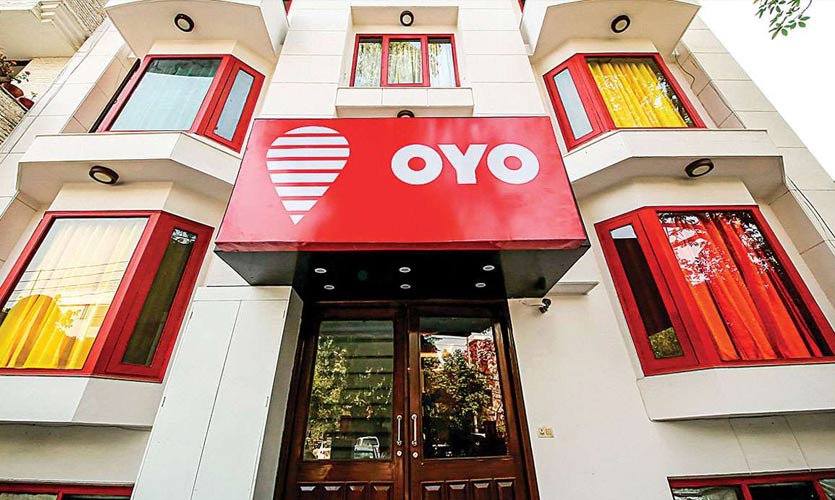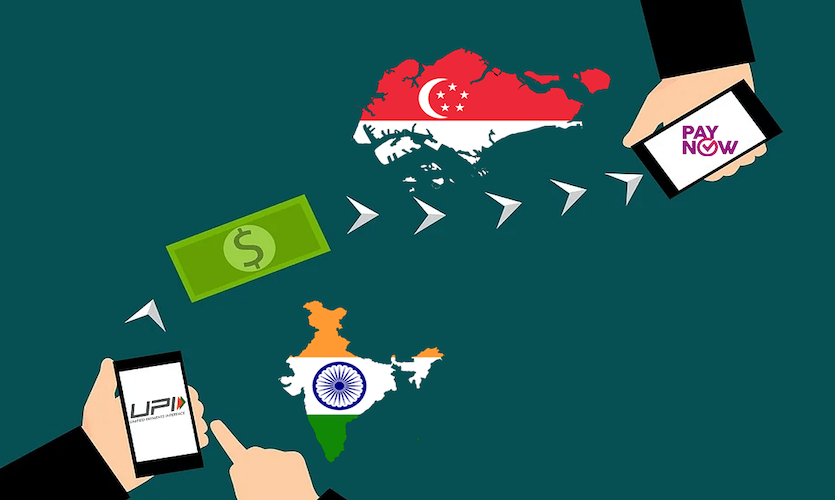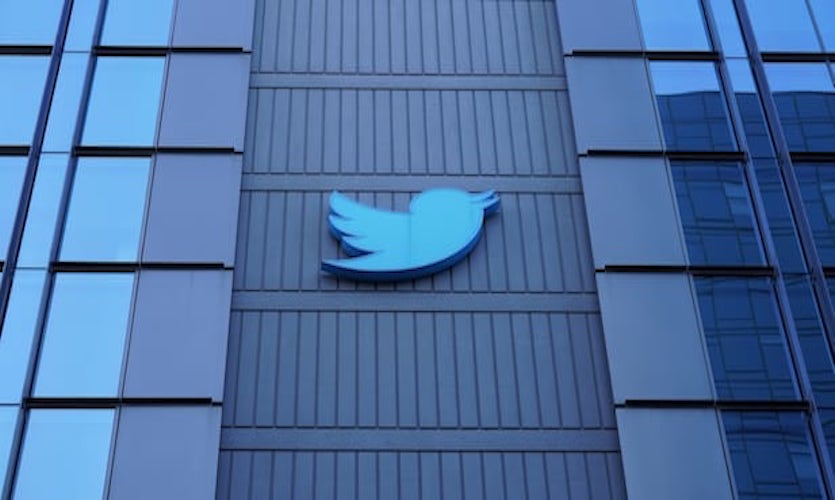Zostel, an Indian hospitality-based startup has written to the Securities and Exchange Board of India (SEBI), requesting the market regulator to reject OYO’s draft prospectus for an initial public offering (IPO).
In the midst of the failure of the hospitality sector during the pandemic, SoftBank-backed OYO Hotels managed to file the draft red herring prospectus (DRHP) for its $1.2 billion IPO with SEBI on October 1. The travel technology-based company from Gurugram raised $5 million from Microsoft in August, and was valued at $9.6 billion. The offer comprises a fresh issue of equity shares worth $927.30 million, and an offer for sale (OFS) of existing shares of Rs 14.30 billion rupees. According to sources, the company aims to seek a valuation of $10 billion to $12 billion.
Zostel has written a 98-page long document that cites “misstatements” and “inadequate disclosures” in the DRHP filed by OYO Hotels. The document also mentions that the IPO is non-maintainable as OYO’s parent firm Oravel’s capital structure is not final therefore, making the IPO filed illegal under Regulation 5(2) of the SEBI – Issue of Capital and Disclosure Requirements Regulations, 2018 (ICDR Regulations).
“Accordingly, Oravel’s filing of the DRHP in the circumstances is illegal, in view of the stipulation contained under Regulation 5(2) of the Securities and Exchange Board of India Issue of Capital and Disclosure Requirements (ICDR) Regulations, 2018. Zostel’s shareholders have a right to get issued in their favour, 7% of the equity securities of Oravel. Oravel has failed to grant the same and hence is prohibited from making any public offer of its shares,” said Zostel in the letter.
The two companies have been in a continuous tussle after a deal went bad in 2015. Zostel Hospitality’s ZO Rooms, the budget hotel accommodation chain was shut down after the merger talks between the two companies that would give ZO Rooms a 7 percent stake in OYO, failed. Zostel has alleged that OYO had executed an agreement on November 26, 2015 and ZO Rooms had completed the necessary obligations under the agreement and transferred the business. However, OYO failed to transfer the 7 percent stake to ZO Rooms’ shareholders. OYO has denied the allegations and argued that they had never reached a definitive agreement.
According to the Economic Times, the document by Zostel includes a 2016 earnings report presented by OYO promoter SoftBank that mentions that OYO had acquired Zostel. An OYO spokesperson released a statement saying, “OYO reiterates that the entire process was merely at the stage of exploratory discussions, and no definitive agreements were finalized or executed between the parties.”
Read more: The World Bank’s ‘Doing Business’ Scandal And Its Impact on India
Zostel had approached the Delhi High Court seeking redressal in September 2021. The legal counsel for Zo Rooms said it moved a court application in late August 2021, “seeking an interim order to restrain or injunct OYO from modifying its shareholding structure or cap table including by way of an IPO”.
In response to Mint’s enquiries on the matter, OYO responded, “Oyo condemns Zostel’s self-serving misrepresentation of case facts, and it is an attempt to overreach Delhi HC proceedings. After multiple attempts in the courts and arbitration tribunal, Zostel’s communication shows unnecessary and repetitive efforts to create a wrong perception. This shows a pattern of Zostel trying to distract Oyo from pursuing its business goals.”
OYO is not only battling Zostel in a legal battle, but also has 21 cases registered against it, its subsidiaries, and its directors and promoters. The Federation of Hotels and Restaurants Association of India (FHRAI) filed a petition against MakeMyTrip, Goibibo and OYO with the Competition Commission of India (CCI), for dominating the online travel agents (OTA) market. The company has spent nearly Rs 1,166 crores on legal and professional fees in the last three financial years as per the DRHP.









